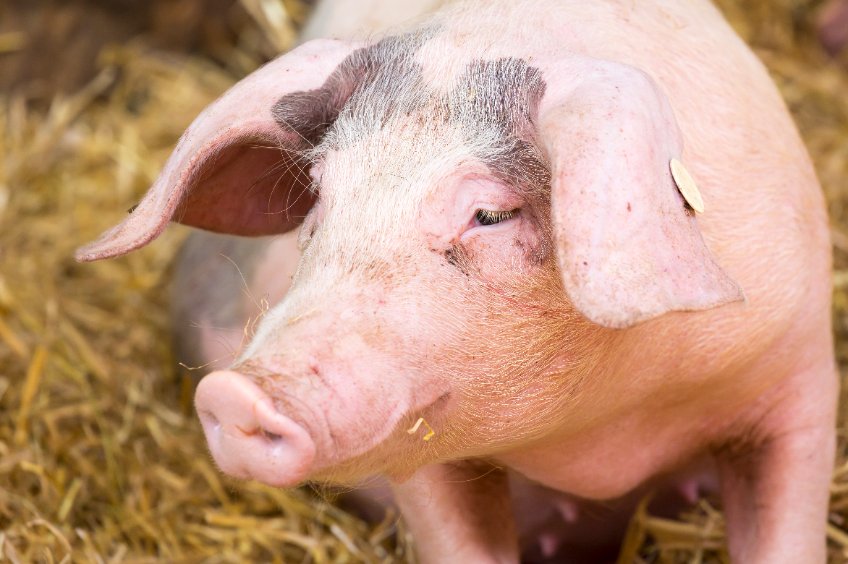Consider farmers at individual level when controlling outbreaks, study says

Livestock diseases will be better managed by incorporating the behaviours of individual farmers into national infection control policies, according to new research.
Researchers have released a study examining the optimal behaviours each farmer could follow during a livestock disease outbreak.
This could help them to not only lessen their own immediate costs, but also to slow the spread of infection and reduce losses for the whole industry.
The study simulated outbreaks in several different scenarios and worked out how the best outcomes could be reached.
Researchers looked at the perspective of both government policymakers who are looking to protect the wider livestock industry, and from that of farmers who have businesses and animals to protect.
The findings are the latest from the BBSRC-funded Farmer-led Epidemic and Endemic Disease-management (FEED) project, a research group including scientists from the Universities of Warwick and Nottingham.
In their models, researchers analysed representative livestock systems in Devon and Cumbria, looking at the outcomes of various potential disease outbreaks.
They looked at the actions that might be taken by farmers, for example, vaccinating animals as a precaution; as a reaction; or not vaccinating at all.
They found that what one individual farmer may consider the most effective way to reduce infection risk in their own livestock may not have the same benefit for other farmers.
The researchers found, just as the Covid-19 pandemic has shown how crucial individual behaviour is in controlling the spread of an infectious disease in a human population, during a livestock infection the response of each farmer could be critical to protecting animal welfare nationally and keeping the industry afloat.
Therefore, the researchers concluded that the actions of individual farmers should be considered in any major policy framework for tackling future livestock disease outbreaks.
Dr Ed Hill from the University of Warwick, the author on the paper, said: “Our analysis of livestock infectious disease control policies, under differing social perspectives on vaccination behaviour, can indicate to those developing veterinary health policy the nature of control measures that is optimal both from the industry and the individual farmer-level perspectives.”
Co-author Professor Michael Tildesley from the University of Warwick added: “Going forward, we would like to build strong ties between the data being gathered on farmer beliefs and the structure of models that contain both disease spread and behavioural dynamics.
"Ensuring the data used are as reliable and accurate as possible enhances the informative capabilities and robustness of model outputs.”








